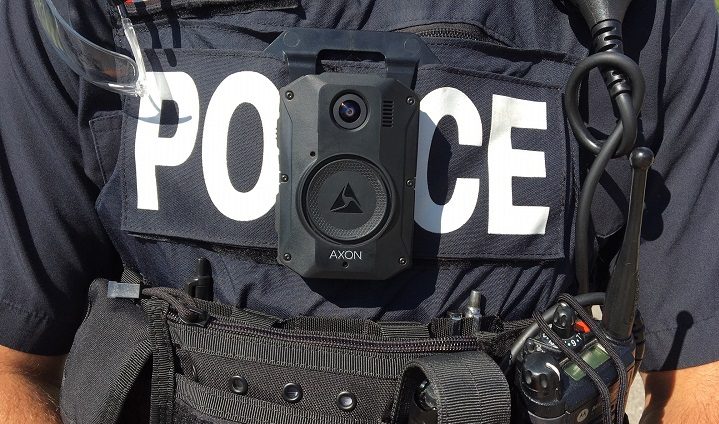The Regina Board of Police Commissioners is examining the use of Body Worn Cameras by police officers. Regina Police Service Chief Evan Bray submitted a report recommending the board provide direction regarding further research, policy and consultation into BWC.

This push stems from Prime Minister Justin Trudeau attending a Black Lives Matter protest on Parliament Hill in June 2020, when he spoke about Canadian police services using BWC. RPS stated the move should not be adopted without full consideration by the board.
There are pros and cons related to BWC. A few of the pros are police transparency, accountability and gaining public trust. The challenges include privacy considerations and lack of reliable evaluations. The main concern is cost, states the RPS report.
“Money spent on BWCs means less money for programs that might address police transparency in a similar way. On average, one camera costs approximately $2,700 and $1,600 to operate annually. Above that, resources would need to be in place to co-ordinate and operate the program.”

Get daily National news
The BWC program, on average would cost $1,290,341 per year to operate, along with the nearly $1M start-up equipment purchase, said the RPS.
The RPS stated they foresee challenges operationally as they introduce an investigative tool to the front line members responsible for operation and care. They will likely need more time to review video for investigative purposes. In addition, RPS predicts slower processes for the justice system resulting from reviewing video along with digital and paper reports.
- Associate of Frenchman on trial for mass rape admits to copycat abuse
- 6 cult leaders convicted of forcing kids to work unpaid or face ‘eternal hellfire’
- Arrests in Canada part of global takedown of criminal messaging app: police
- ‘I couldn’t stop crying’: Memorial grows for 5-year-old boy killed in home
The RPS report concludes that BWC are an investigative tool for police, but aren’t worn to benefit the police organization, advocacy and watch-dog groups.
“A BWC program involves discussion and decisions made with Boards of Police Services, Executive Police Management, Police Unions and Associations, and the community,” states the report.
The Saskatoon Police Service (SPS) first started researching BWCs in 2015. Five years later SPS moved ahead with BWCs, using a limited deployment model, as stated in the report.









Comments